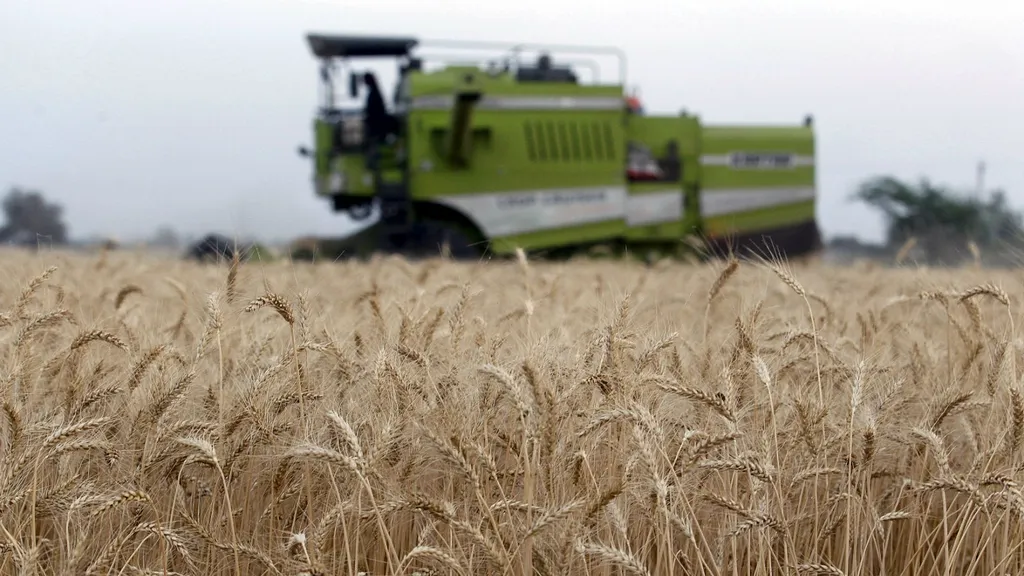In the heart of China, researchers have uncovered a novel approach to boost pepino (Solanum muricatum) productivity while maintaining soil sustainability. The study, led by Bingbing Su from the School of Environmental and Municipal Engineering at Lanzhou Jiaotong University, reveals how precise nitrogen fertilizer inputs can stimulate soil microorganisms and enzymatic activities, indirectly enhancing pepino growth and fruit quality.
The five-month greenhouse experiment evaluated varying nitrogen fertilization rates, from 0 to 300 kg per hectare, to understand their impact on soil biochemical properties and subsequent effects on pepino productivity. The findings, published in the journal ‘Frontiers in Microbiology’ (translated as “Microbiology Frontiers”), offer promising insights for agritech professionals and farmers alike.
Su and her team found that the highest nitrogen input (300 kg/ha) maximized vegetative growth and plant nitrogen content but reduced root-to-shoot ratio and fruit sugar content. However, the optimal balance between productivity and nutrition was achieved with a 225 kg/ha nitrogen application. “This treatment elevated nitrogen use efficiency, per plant yield, and fruit protein and calcium contents,” Su explained.
The study also demonstrated that nitrogen fertilization differentially modified soil biochemical properties. The highest nitrogen input markedly enhanced urease, nitrate reductase, and sucrase activities, increasing the relative abundances of beneficial microorganisms like Nitrosomonas and Ensifer. Meanwhile, the 225 kg/ha treatment improved microbial diversity and enriched the Opitutus genus, although it depleted available nitrogen and potassium.
Su emphasized the commercial implications of these findings: “Our research provides crucial theoretical foundations for sustainable soil management and meeting escalating production requirements in pepino cultivation.” By optimizing nitrogen application rates between 150 and 225 kg/ha, farmers can enhance pepino productivity while maintaining soil health.
The study’s partial least squares analysis illustrated that nitrogen fertilization indirectly enhanced pepino productivity by stimulating urease and nitrate reductase activities and enriching functional microbiota. These microorganisms facilitate soil nutrient mobilization, promoting plant growth and directly modulating fruit nutrient components.
As the agritech sector continues to evolve, this research offers a roadmap for precision agriculture, emphasizing the importance of tailored fertilizer inputs to boost crop yields sustainably. By harnessing the power of soil microorganisms and enzymatic activities, farmers can meet the growing demand for pepino while preserving the environment for future generations.

